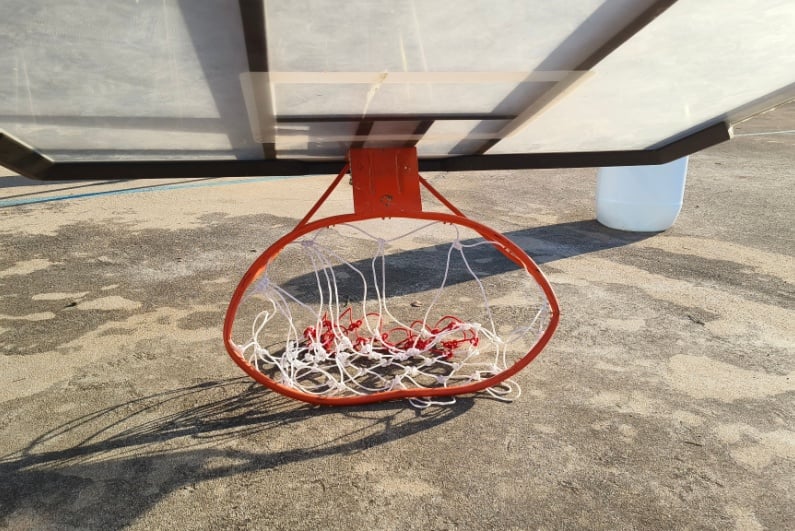Killing the messenger?
Sony has been implicated in a lawsuit in Austria over loot boxes in popular video games such as FIFA 23 and Madden NFL 23.
Sony is not directly involved in the production of games and only provides the console they are played on, yet it is still being tied into the suit. Prosecuting lawyers argue that the games’ use of loot boxes constitutes gambling, which violates Austria’s gaming monopoly.
17-year-old spent €400 ($394) on FIFA points used to purchase loot boxes
The lawsuit first emerged last August when a then-17-year-old spent €400 ($394) on FIFA points used to purchase loot boxes known natively as “packs.” Lawyer Ulrich Salburg wants Sony to pay the damages.
Arguments and inconsistencies
Before discussing the case any further, it is important to understand the framework at hand.
FIFA’s “packs” are collections of players, squad items, and collectibles that are randomly assigned, just like the roll of a dice. Players can select different tiers of packs to purchase for different prices, depending on the quality or number of players inside the pack.
There are very fine margins regarding value in FIFA. If a player purchases a gold pack, the standard top option, they could find most players to be worth a couple hundred coins (FIFA’s in-game currency), while the top-of-the-line stars would bring in millions.
FIFA’s use of loot boxes is inconsistent with the parameters of gambling defined by Austria
Salburg is arguing that FIFA’s use of loot boxes is inconsistent with the parameters of gambling defined by Austria and thereby illegal. Notably, the Austrian Gaming Act of 1989 mandated that the government be the only gambling provider except in specific scenarios.
The lawyer also added another layer to the case mostly undiscussed in similar lawsuits across the globe. He is arguing that since loot boxes are created by the developers but only offered in-game, they violate fair commerce laws by eliminating external competition.
Sony is in the process of referencing six similar lawsuits happening in Austria. It has already unsuccessfully attempted to appeal the case to a higher court and is now waiting as both sides gather witnesses for the case.
Loot boxes split opinions as gambling entity
The case only began in court Monday. Sony has a stronger base than many previous targets as players can now see clearer descriptions of rewards before purchasing packs. For example, a standard gold pack in FIFA is “A mix of 12 gold items, including players and consumables, 1 rare.”
The counterargument is that packs help accelerate growth significantly.
Loot boxes are also inessential to survival and growth on FIFA as players can earn coins and players by playing games, completing challenges, and selling items in an open auction market. The counterargument is that packs help accelerate growth significantly.
Austrian lawyers have been quick to pounce on the issue and are searching for players who have suffered blows via loot boxes. They maintain that loot boxes are representations of gambling and thereby illegal on all fronts, and plaintiffs are liable to compensation.
The matter has brought discourse worldwide as interested parties have failed to reach a uniform resolution. The United Kingdom failed in July to impose any sort of ban on loot boxes after 22 months of debate.
At the same time, Activision’s game “Diablo Immortal” missed its May launch date in Belgium and the Netherlands due to restrictions on loot boxes.
Loot boxes are one form of microtransactions, or small in-game purchases, which is the most lucrative part of modern video games. According to Juniper Research, microtransactions created $15bn in profit in 2020 across the entire industry. They have also become central to the business model of many developers, whether they be in the form of loot boxes, skins, or other unlockables.




